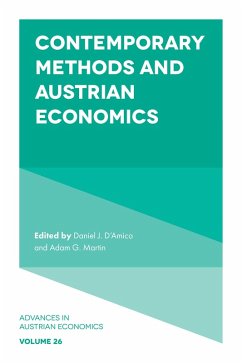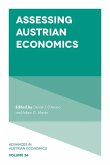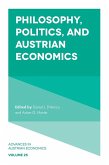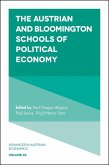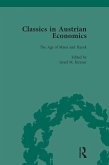Austrian economics is known for extensive-and many economists would say excessive-ruminations on methodology. Attempting to steer a middle course between radical forms of historicism (there are no economic laws) and scientism (economic laws are as precise as physical laws), this approach often appears to diminish the importance of empirical testing and quantitative methods more generally. Since the Austrian revival of the 1970's, social scientists have developed a number of new theoretical and empirical approaches to studying the social world. Experimental and behavioral economics have exploded in popularity. Econometrics has arguably taken a more central role in the discipline than even formal economic theory. And, most prominently, econometricians have developed quasi-experimental techniques for examining real-world data as part of the "e;credibility revolution."e;This volume, Contemporary Methods and Austrian Economics, examines the relationship between Austrian economics and these new social scientific methods. Do Austrian critiques of the excessive ambitions of formal theory and empirical measurement still hold water (if they ever did)? Do the findings of these new approaches bolster or undermine distinctively Austrian theories? How should we update our views on the relationship between abstract economic theory and empirical investigations?
Dieser Download kann aus rechtlichen Gründen nur mit Rechnungsadresse in A, B, BG, CY, CZ, D, DK, EW, E, FIN, F, GR, HR, H, IRL, I, LT, L, LR, M, NL, PL, P, R, S, SLO, SK ausgeliefert werden.

